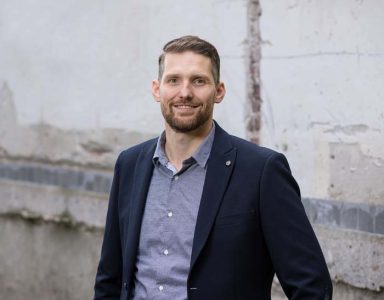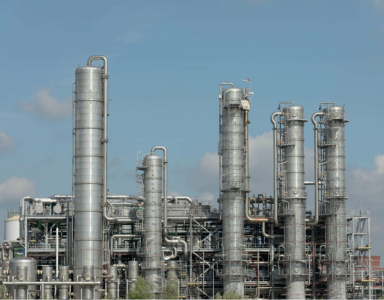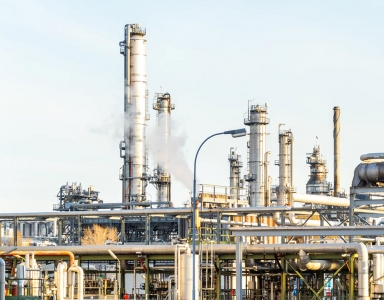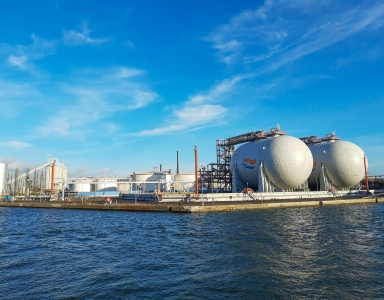The results are in | Notable interest in IPCEI Hydrogen
In our previous article we mentioned that the Netherlands Enterprise Agency (RVO) carried out a survey to find out how many Dutch entrepreneurs were interested in an IPCEI Hydrogen. The results of IPCEI Hydrogen survey are in: 83 interested parties submitted a project proposal. Despite the amount of interest, it’s unsure whether the IPCEI Hydrogen will become a reality. Nonetheless, the survey led to some interesting project proposals and possible next steps in the development of the IPCEI.
Quick recap | What is IPCEI Hydrogen?
The IPCEI Hydrogen is an initiative by the European Commission with the goal of creating one big European project with a robust hydrogen value chain. This IPCEI will offer a space to collaborate with other European Union (EU) countries and exchange ideas, knowledge, technologies and infrastructures. If realised, IPCEI Hydrogen may play a big part in innovating the hydrogen value chain on a European level.
Results of IPCEI Hydrogen survey
A total of 83 interested parties submitted a proposal, of which 18 projects were rejected because of insufficient elaboration. Several other projects were rejected because they only included a feasibility study and no research or investment project.
All approved proposals cover the entire hydrogen value chain and focus on more than one of the following topics:
Making sustainable hydrogen available on a large scale
Project proposals focussed on producing green hydrogen by means of electrolysers, the production of blue hydrogen and the distribution and import of hydrogen.
The development and upscaling of components needed for producing and using hydrogen
Projects regarding the development of stacks for electrolysers and fuel cells, the upscaling of producing the aforementioned components, the development of fuel cells for vehicles and ships, and the development of hydrogen combustion equipment.
The application of hydrogen in mobility
The application of pure hydrogen in transport, as a converter of hydrogen to a liquid energy carrier. Think of projects focussed on the realisation of hydrogen stations, the demonstration and production of vehicles and ships running on hydrogen, and projects focussed on converting hydrogen into liquid fuels for road, maritime and air traffic.
Demonstration of the use of hydrogen in the built environment and agriculture
Multiple projects examine the demonstration of the use of hydrogen in the built environment, such as housing, companies and agriculture.
What happens next?
Other EU countries, besides the Netherlands, have also carried out a survey. It is expected that some EU countries will carry out another survey somewhere in November. The next step is to combine projects into one big IPCEI-project on a European scale! There are no tangible steps defined as of yet. It’s possible that matching-gatherings will be organised for which a selection of Dutch project will be invited based on the following criteria:
- Date investment decision;
- Funding gap;
- Position in the hydrogen value chain;
- Details of project proposal;
- Potential fit with initiatives by other EU countries.
Stay up-to-date
Curious about how IPCEI Hydrogen will develop over time? Keep an eye on our news page or subscribe to our newsletter!
Contact us for more information
Or call us directly: 088 495 20 00



